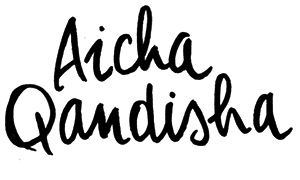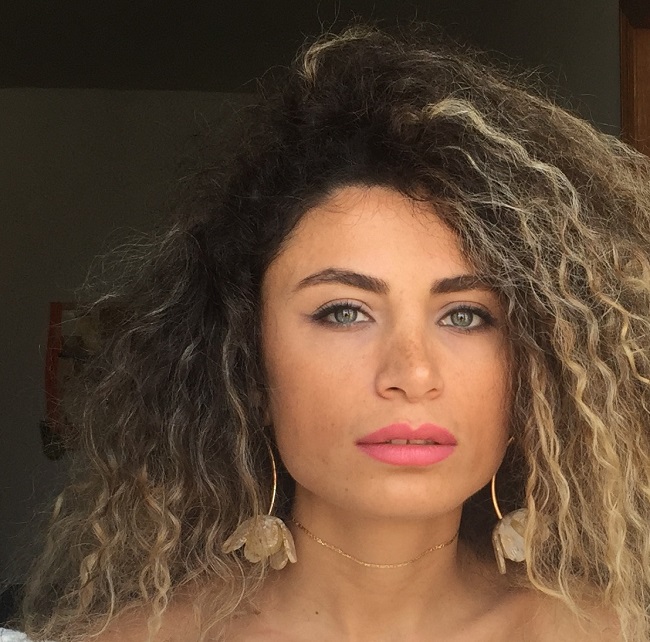 photos © Darine Hotait
photos © Darine Hotait
I Say Dust, the short, poetic film by Lebanese-American director and producer Darine Hotait was recently banned in Lebanon by the General Security Censorship Office. Because of a kiss. We caught up with Darine to find out what happened.
‘The film was accepted at the Lebanese Film Festival and the director told me she was going to screen it without sending it to the censorship office. But this year they decided to screen the festival films in a much bigger commercial cinema and the owner of the cinema asked her for the permits for all the films. She didn’t have a permit for I Say Dust so she had to send it to the general security office. She knew there might be a risk, but wasn’t sure.’
‘I thought for a moment they would ask us to remove the shot or rate the film, but they banned it because of that one shot of the two girls kissing. They said that it’s against the law to present homosexuality on screen. And they also said that homosexuality is an act that is against the law and could lead to imprisonment. That was kind of weird, because it’s a movie.’
Afghanistan
‘Films that were censored before had a very political or very sexual content. This film is not like that. We didn’t think they’d stop at the two girls kissing. But people were very supportive, even the press. And then there were of course people who hadn’t seen the film and who said I should be banned from making films. It’s strange given that the country is going through so much.’
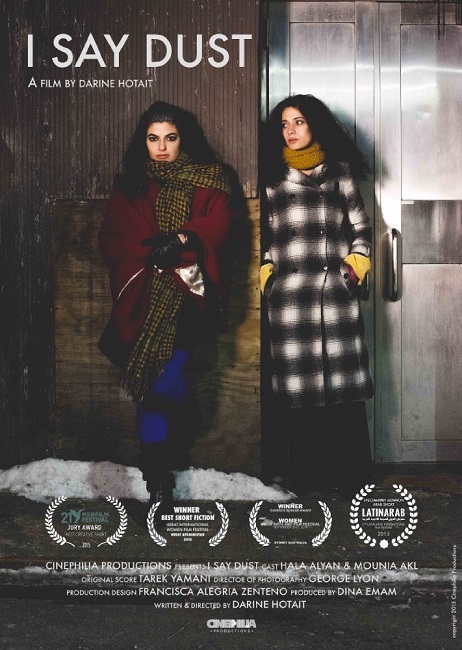
‘The film was shown in the United Arab Emirates. It showed in Abu Dhabi and Dubai and in Dubai they rated the film 18+ which is fine. That’s the only two places in the Arab world. It screened in Afghanistan though, it screened in a Taliban oriented scene and it won the award for best short film, and that was before Lebanon. When I think about it, I’m just shocked. It was also screened in Turkey twice, but Turkey is not part of the equation.’
Imaginary idea of home
‘They completely misread the film. I Say Dust is basically about identity in diaspora and how you reformulate your idea of your own identity. You become a different person. That’s what the film is about. The two main characters represent the two ends of the spectrum: one was able to break the boundaries of identity and what it means to have a home while the other character is still restricted within those boundaries.’
‘Because she never experienced home, the Palestinian poet has this imaginary idea of home. I think that’s one thing about Palestinian diaspora: even if they were born and raised somewhere else, they still have roots in a place they’ve never been to. And it’s all based on nostalgia and the idea of having that home.’
‘The other character is Arab but we don’t know from where. Because it’s not important for her. She has the take on identity which is: boundless and flexible and shapes itself to the situation.’
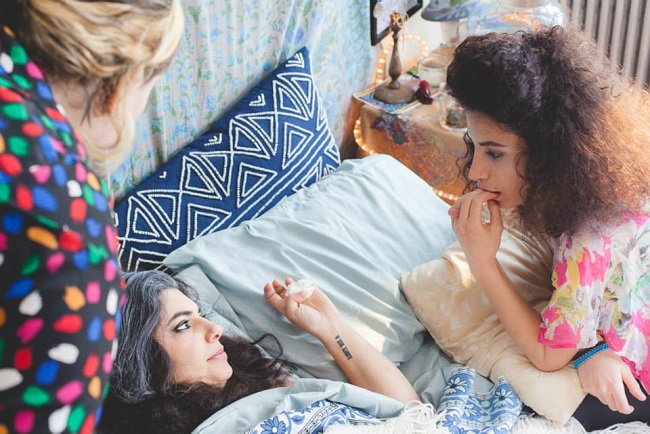
Arab roots
‘In 1994 we moved to America, I was eleven at the time. My idea of home is, just like it says in the film: where you break. Where you can break and be safe. It’s not a geographical thing. I’m American-Lebanese and Lebanese-American, I don’t feel that I’m American or Lebanese, because I’m this merge of the two. You take the good and bad of each side and you try to make your own. It’s about finding the middle ground and embracing both sides.
‘When I first moved to the States I had this rejection of being Arab. Because of the situation and going through 9/11 and the discrimination. I was very young so my reaction was rejection: ‘No, I’m not from there. I don’t want to have anything to do with it’. But then, growing older and understanding really what it was all about I realized that mine was an unhealthy reaction towards what was happenning. Now I embrace it positively and I try to integrate it in my work and daily life. I go back every year and try to visit the different countries and visit my family in Lebanon.’
‘The Arab world is very individually driven, it cannot be generalized. You have people who think about the future in a very advanced way. And then you have other groups who are not tolerant. It’s very varied. Each country has its own system and in each one of the countries you have different segments and different groups of people. Saying ‘Arab world’ is a wrong generalization. Take Lebanon and Jordan or Lebanon and Syria, they’re close but very different. It’s because of the generalizations why we’re being stereotyped.’
New project
‘I’m working now on a new short film that is a concept for my debut feature film: they’re both science fiction films that take place in Lebanon in the future. Science fiction is not very popular nowadays, but back in the sixties Egypt produced a few films in the Sci-Fi genre, but there’s a lot of science fiction literature being published. There’s a renewed interest in the future. I saw it in Art Dubai and some other platforms and I think these initiatives will get people interested to explore the future in art form, be it film, music, theatre, all kinds of different art forms. I’ve been riding the wave for four years now. Hopefully we’ll all be part of one movement when this happens.’
Darine Hotait will be bringing her Cinephilia Screenwriting Lab for Shorts to Rotterdam in partnership with the Arab Camera Festival. You can watch I Say Dust on Vimeo.
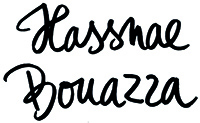
info[at]aichaqandisha.nl
